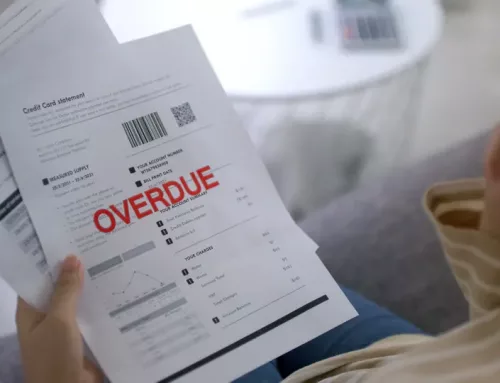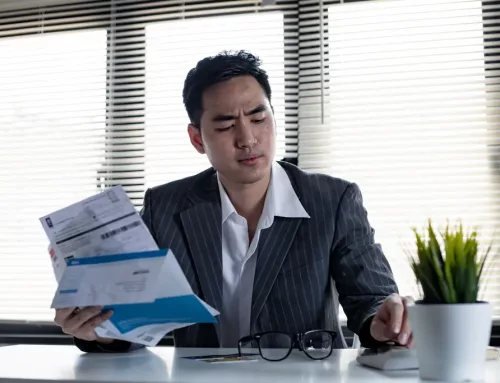An individual who is unable to pay all his or her debts should seriously consider filing for bankruptcy. A bankruptcy filing, despite the stigma, can be very beneficial. There are different types of bankruptcy that a filer may choose from, depending on the types of debt and his or her eligibility.
The bankruptcy process begins when a debtor files at the bankruptcy court. Once the court approves the petition in bankruptcy, an automatic stay shall prohibit collection activity from any creditor while also protecting the filer from creditor harassment and wage garnishment. The automatic stay is one of the reasons why a petition for bankruptcy is extremely beneficial to the bankruptcy filer.
The bankruptcy means test is used to determine if you are qualified to file a bankruptcy petition under a specific filing chapter. It will look into your monthly income, living expenses, and the ability to make monthly payments under a payment plan. Your financial status and the types of debt that you owe from creditors will generally determine your bankruptcy options. As such, it is important to consult an experienced bankruptcy lawyer as soon as you plan to declare bankruptcy so that you are guided from the very beginning and avoid the risk of a bankruptcy dismissal.
Bankruptcy Chapter 13 (or reorganization bankruptcy) enables you to retain or secure your assets while paying your debts. When you file for bankruptcy, you must first undergo credit counseling from an authorized provider. This is also applicable when filing bankruptcy under Chapter 13.
 Under this filing chapter, you may obtain a bankruptcy discharge after you complete your repayment plan. Overseeing this is one of the major roles of a trustee in bankruptcy cases. For a period of three to five years, you are to make monthly payments through your trustee, who shall disburse the payments to your debt collectors.
Under this filing chapter, you may obtain a bankruptcy discharge after you complete your repayment plan. Overseeing this is one of the major roles of a trustee in bankruptcy cases. For a period of three to five years, you are to make monthly payments through your trustee, who shall disburse the payments to your debt collectors.
Aside from being classified as either unsecured or secured debts, what you owe has varying degrees of importance. Priority debts are debts that should be repaid first, which may include child support, alimony, and certain tax debt.
Aside from priority debts, your debt-repayment plan must also include regular payments for secured debts, or those protected by collateral. In terms of mortgage payments, you must also be able to pay off arrearages through your payment plan.
In some bankruptcy cases, if there is more than one mortgage but the junior mortgages are not secured (since the value of the property decreased), you might able to eliminate one or more junior mortgages through lien stripping. Also, assuming requirements are met, a bankruptcy Chapter 13 petitioner may cram down car loans to the value of the vehicle.
In these bankruptcy filings, any disposable income left after paying priority debts would go towards paying back unsecured debts. Credit card or medical debt that are typically not backed by collateral are unsecured loans. In certain bankruptcy cases, after making the necessary payments, you may have a little amount remaining and you do not have to pay back unsecured loans at all. The trustee in bankruptcy Chapter 13 cases would often require you to pay your unsecured debt only to the fullest extent possible.
If you are consider filing for bankruptcy under Chapter 13, keep in mind that the court will only allow you to use disposable income to pay off debts. It means that you need to convince the concerned bankruptcy trustee and the federal bankruptcy court that you are capable of paying your debts in full. Note that you will likely not be eligible to file bankruptcy under this chapter if you are unemployed.
If you are capable of making regular payments, Chapter 13 will be favorable for you. If you have followed the approved payment plan, you may be entitled to discharged debt after three to five years. Besides, you may be able to secure your assets while paying your creditors.
Declaring bankruptcy will help you have a fresh start for your financial future. Seek legal help from a trusted bankruptcy attorney. It s necessary to understand the basics of bankruptcy laws to avoid legal issues when you file bankruptcy. Call us at Phoenix Fresh Start Bankruptcy Attorneys for a free consultation.











